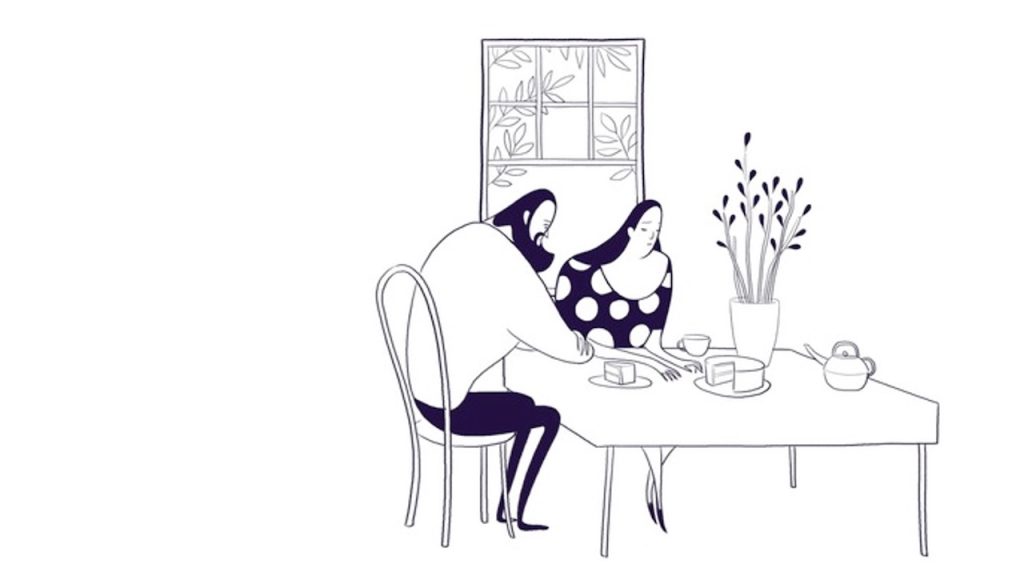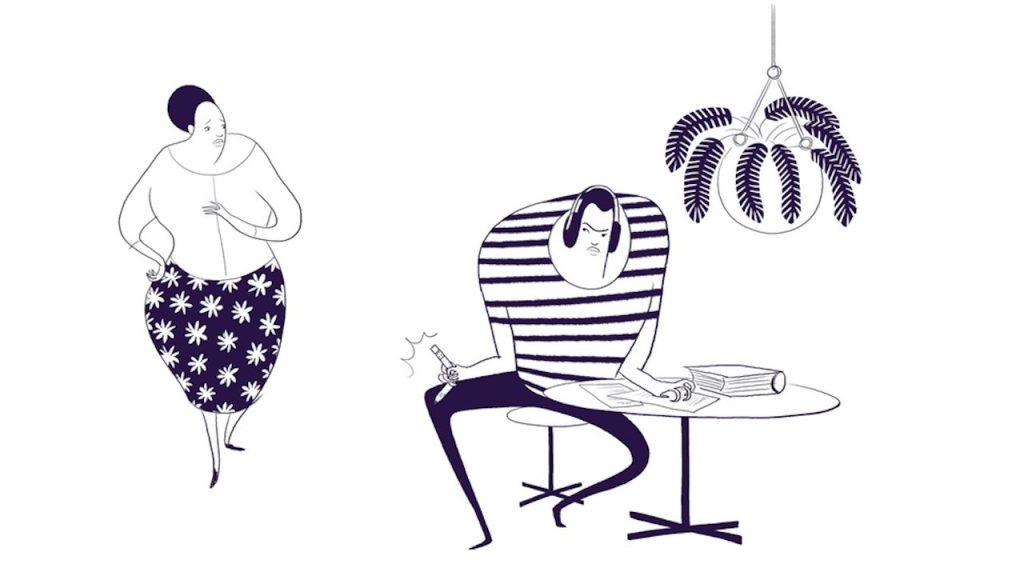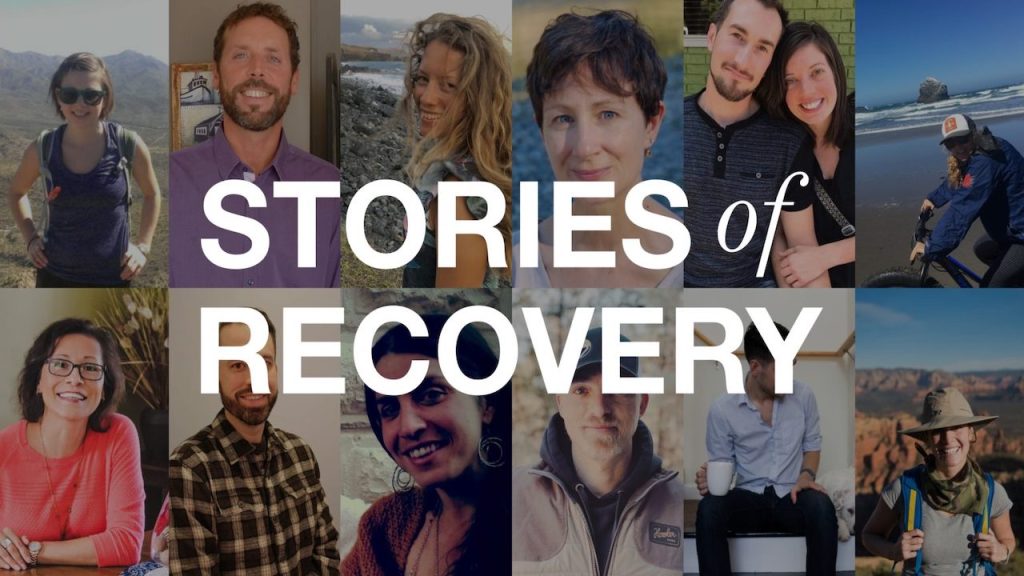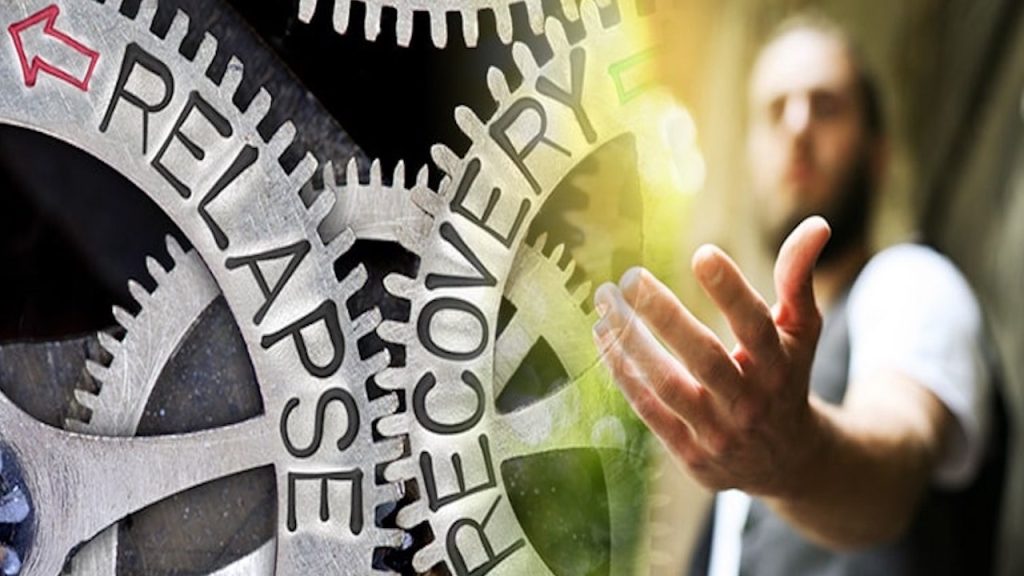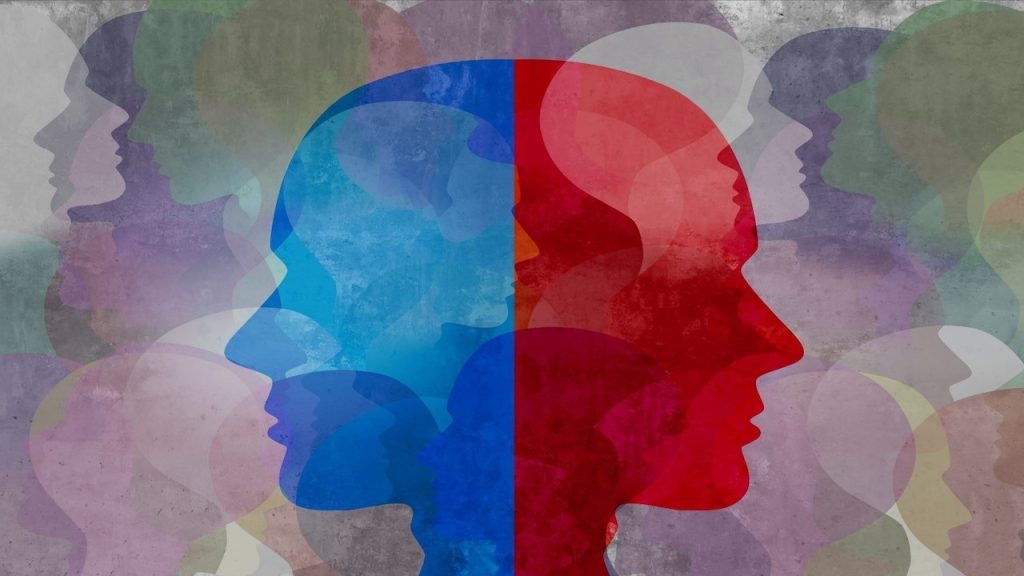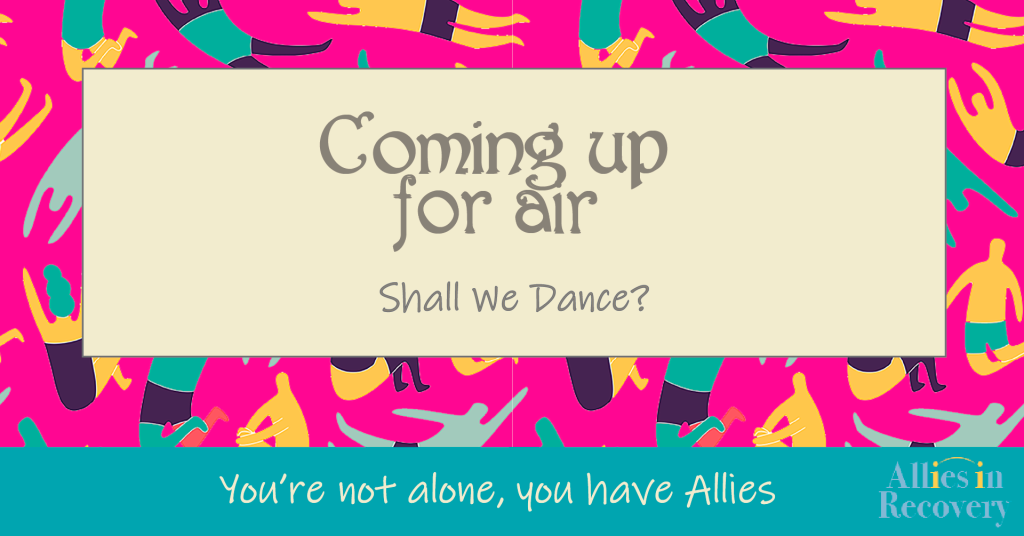Celebrating a Few Positive Steps

*This post originally appeared on our Member Site blog, where experts respond to members’ questions and concerns. To take advantage of our current special offer and get full access to the Allies in Recovery eLearning program for families, click here.
A few steps forward
“I wanted to share some updates. Though my son is still using, we had some unexpected wins in the last week or so. This all happened after meeting with his psychiatrist for a med check. Not missing the appointment was already a win. His doctor knows about my concerns with his use and how it keeps him from functioning. He asked my son great questions, and for the most part my son was honest. But he wouldn’t admit the connection between his drug use and the struggles he’s having. When his doctor asked him about his relationship with us, my son told him, “It’s good when I’m not using, but they’re hostile when I do use”. I guess he is feeling the effects of CRAFT (even though our hostility emerges very seldom now).
Eventually, his doctor told him that only he, my son, can determine if he’s using too much. But also that he needs to be vigilant to make sure it’s not affecting his relationship with his family and getting in the way of his goals to graduate, etc. Later that day, my son missed his drum lessons for the second week in a row because he was hanging out with his friends. He loves his drum teacher and I know he felt bad about it.
Giving us hope
THEN, later that week he stayed in twice after being asked to go hang out. He also went to school for the first time in a couple of weeks. Once, I actually heard him tell his friend that it was too late to go out and he had school in the morning. He even submitted his university application. Now we just need to get him to graduate.
Last Saturday, he was home all day. This was a huge chunk of time that he spent at home and given the other wins earlier in the week, I offered to take him driving as a reward. This was something I hadn’t done before. I enjoyed our time so much and told him I hope we can do it more often, but that I need to feel safe when he’s behind the wheel, and he knows what he needs to do. I think he enjoyed our time together, too.
Even though he stumbles…
Saturday evening didn’t turn out so good. He came home very stoned, a few minutes before his midnight curfew. Then he got a call from his other using friend inviting him to go over. He asked me if he could go, I said no. He said he’s going to go and I said don’t erase the positive things you’ve built up this week. Then he says he’s going to go, so I told him, don’t come home until you are sober tomorrow. He leaves, I lock the door, and about 20 minutes later I can hear him trying to get in the house. But he was locked out. I haven’t had a chance to tell him we don’t want him to come home stoned anymore, like you suggested. I could tell he was surprised when I told him not to come home – even though he was pretty stoned.
He ended up back at his friends (I tracked him), so I was able to sleep that night. We didn’t see him until the next day. When he came home, he said he tried to get in the night before. I just said maybe you shouldn’t have left.
He’s still moving forward with small steps
Then he said he was going to call his cousin to see about going to a Super Bowl party later that day. I was hoping all week he would do this because this party would have great kids there and no alcohol or drugs. I stepped away from him for the day thinking this was all talk, but to my surprise, he did go to this party with his cousin. When he came home, he said he had a good time, but he seemed melancholy. I suspect it’s got to feel awkward reconnecting with kids he’s blown off for his using friends. But I know these kids always ask about him. I expected him to leave to go use, but he stayed home.
He went to school on Monday, and after not hearing from him all day, he came home pretty stoned. On Tuesday, he didn’t go to school. We asked him if we could talk to him about some boundaries (the not coming home stoned thing), but he didn’t want to. That day, he stayed home, spent about 3 hours teaching himself a song on the piano, then left for his drum lesson, which he’d missed the two weeks before, and stayed for dinner before going out with his using friend. He came home on time – not sure if he used or not. We had a huge snow storm on Wednesday and he even cleaned the driveway with the snow blower after I asked him to. What???
Feeling hopeful and optimistic
I’ve written so many times about my frustrations with him, that I wanted to share some very unexpected wins we’ve had. These are behaviors we haven’t seen for a very, very long time. We aren’t in the clear, and I know patience is key, but it’s so nice to finally see a glimmer of hope. Thank you Allies in Recovery, CRAFT, and this entire community. I’ve read so many of the blog postings and recognize so many of the challenges of living with a loved one who uses. I’m hesitant to be too optimistic, but I do continue to be hopeful. Approaching my loved one’s use with CRAFT has had such an impact on me. It’s lightened the burden of living with my son’s SUD and is helping me rebuild my life and my relationship with my son.
But I must say, I couldn’t do CRAFT effectively without the support of Allies in Recovery. Allies is what’s helped me see how to apply CRAFT in my situation and has provided me clarity, strength and encouragement. Allies has kept me from reacting and helps me to think strategically about how to best support my son. This has made a HUGE DIFFERENCE so far and I can’t thank you enough.”
image © pixel2013 via pixabay



